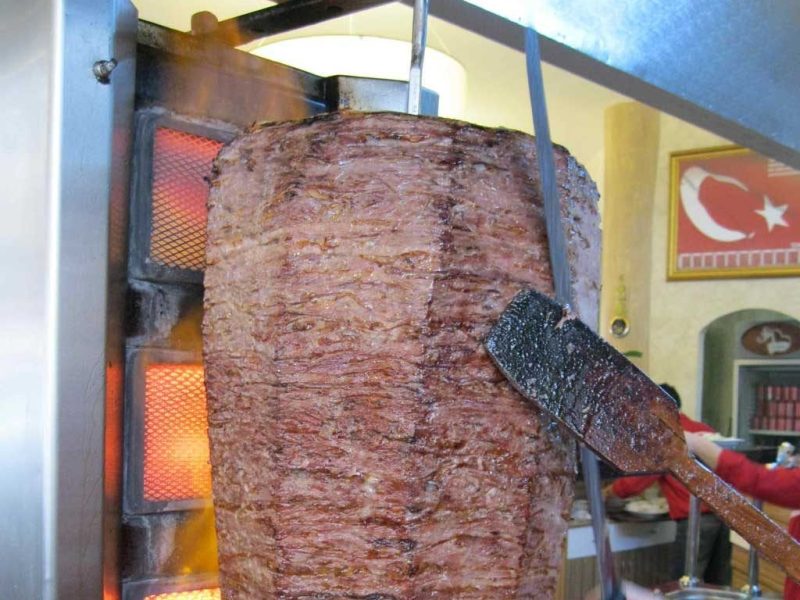The origin of famous Turkish foods is an indispensable topic at international “food nights” where there is at least one Turk present… For example, if there is döner on the table, a Turk, a Greek, and an Arab will each claim that this dish originally belongs to their own culture (not even citing Germans who recently joined the race!). The author of this text once got into a debate with a Romanian about “sarma,” but luckily the Indian friend at the table said, “Even I know “sarma” word is Turkish,” and that settled the matter. Here are the origin stories of famous dishes and snacks, complete with their sources and etymologies…
Yoğurt (Yogurt)
Etymology: from Old Turkic yoğ- (“to knead, to thicken”) + -t.
First written record: Divânu Lügati’t-Türk (11th century).
Short origin: A Central Asian nomadic innovation: fermenting milk to preserve it. Carried west with Turkic migrations and became a kitchen staple across Anatolia and beyond. Learn a very delicious version here.

Pastırma
Etymology: from bastırma < basmak (“to press”).
First written record: Ottoman archival references (early modern period); technique older in Central Asia.
Short origin: Pressed, salted and spiced cured meat: a preservation technique for long journeys (between the saddle and the horse, meat is “pressed” under the nomadic warrior) that later became a regional delicacy (Kayseri being especially famous).

Sarma
Etymology: from sarmak (“to wrap”).
First written record: Ottoman palace kitchen registers (15th century onward).
Short origin: Leaves wrapped around a savory filling; Ottoman kitchens perfected the technique; the word itself is Turkish and spread across the Balkans and Caucasus.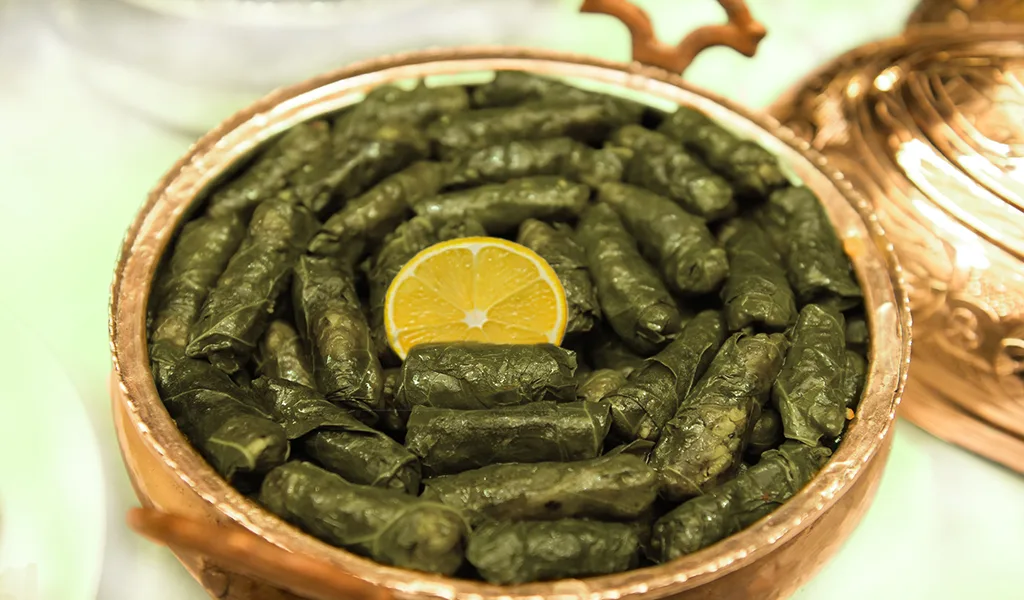
Dolma
Etymology: from dolmak (“to fill”).
First written record: Ottoman cookery records (15th century+).
Short origin: Stuffed vegetables and fruits: another Ottoman culinary technique that circulated with the empire.
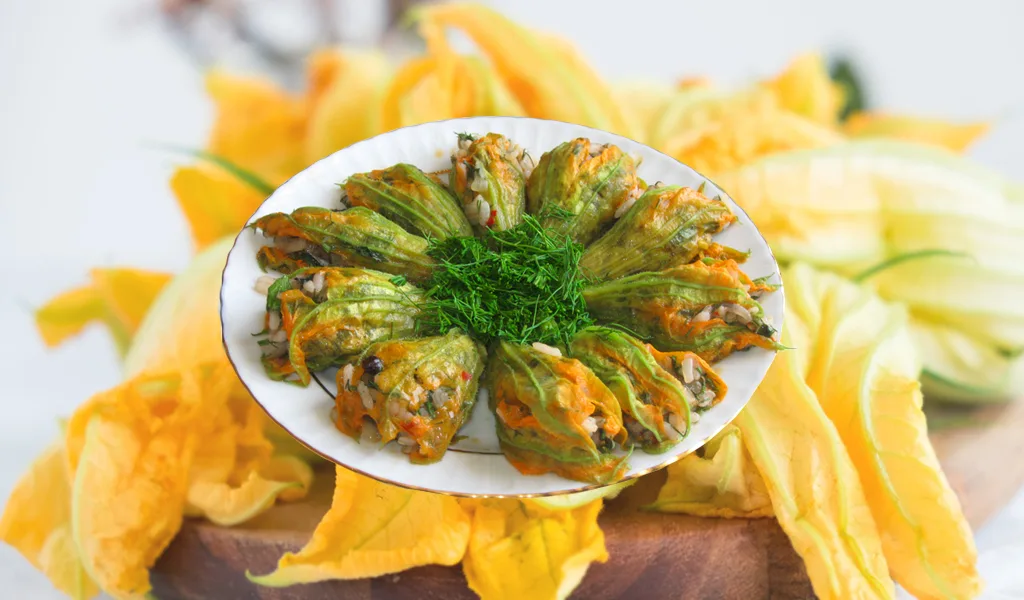
Kavurma
Etymology: from kavurmak (“to roast, sear”).
First written record: Early Turkic and Ottoman sources.
Short origin: Roasted or seared meat preserved by cooking: a staple in nomadic and settled Turkic diets.
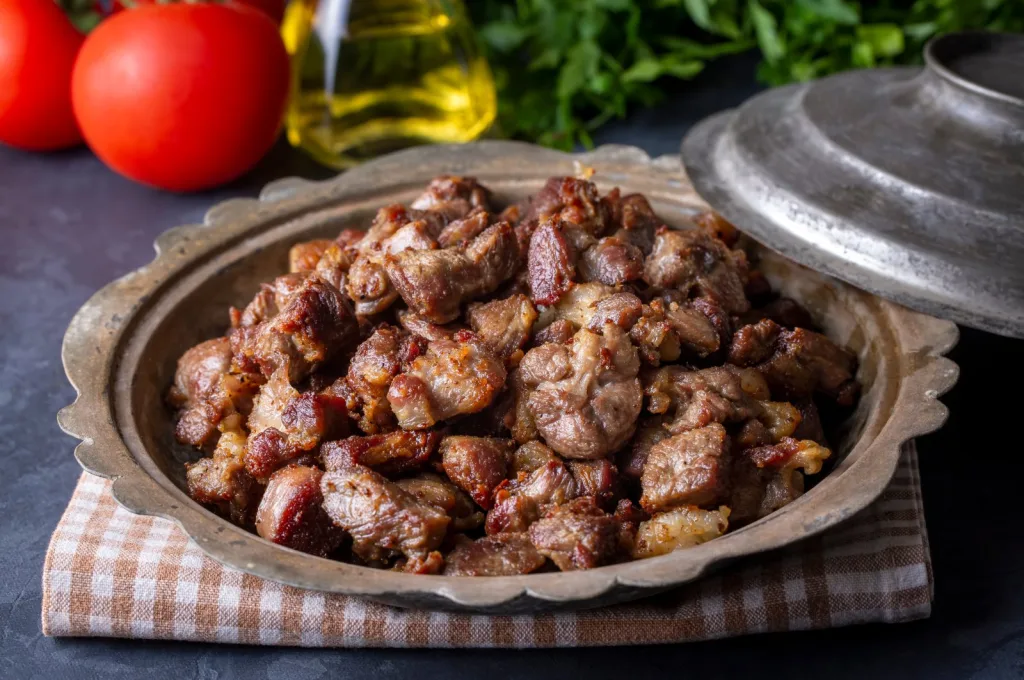
Tarhana
Etymology: from elements like Old Turkic tar (dry/cured) + -hana (food/house) ; reflected in medieval sources.
First written record: Early Anatolian sources and folk tradition (documented in Ottoman-era texts).
Short origin: Sun-dried fermented mix of yogurt and grain turned into an instant soup base for winter months.
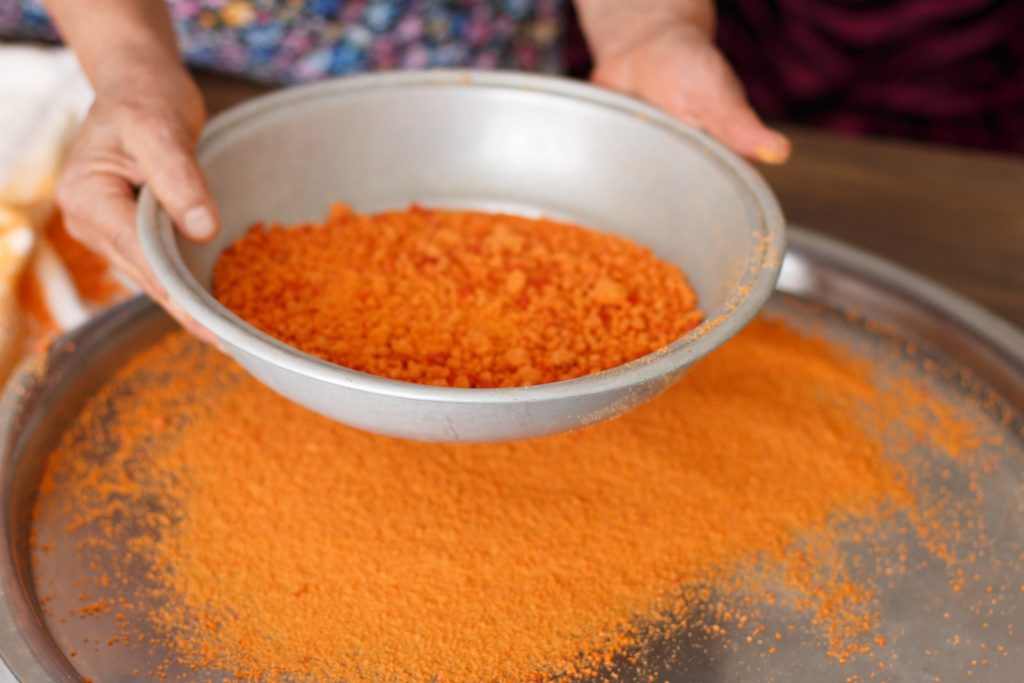
Börek
Etymology: from Turkic root bür- / bur- (wrap, fold) → börek.
First written record: Central Asian Turkic communities and Seljuk/Ottoman records.
Short origin: Layered/rolled filled pastry ; developed from thin, stretched dough traditions and became a household and palace favorite.

Mantı
Etymology: Old Turkic mantı / mantuk (small filled dumpling).
First written record: Seljuk and Central Asian Turkic sources (medieval period).
Short origin: Small meat dumplings from the steppe that accompanied Turkic migrations and adapted regionally in Anatolia.
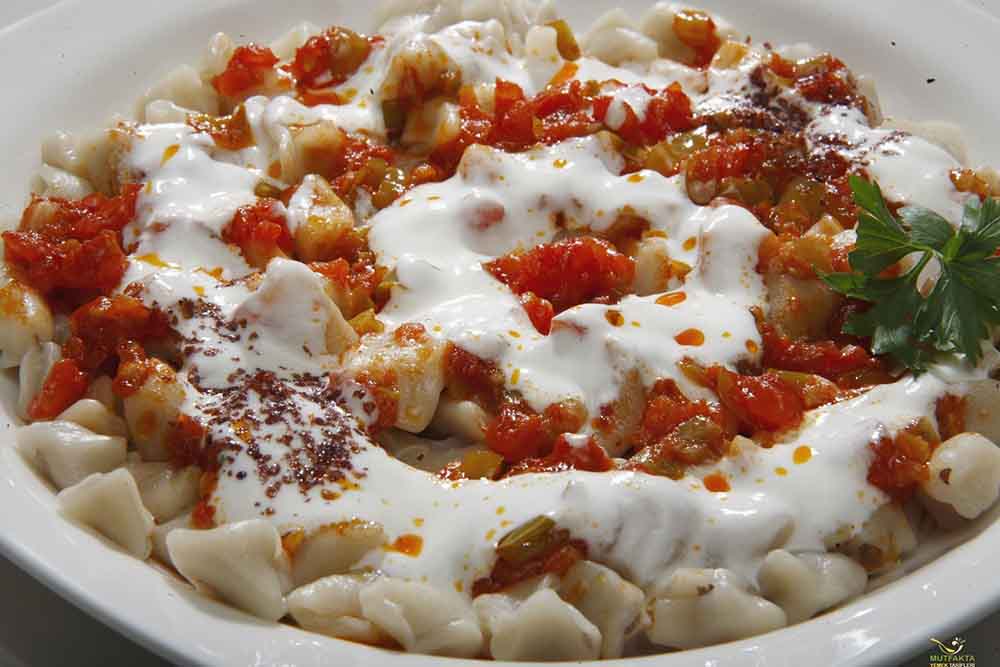
Pekmez
Etymology: from pek (thick/dense) + meç/meze (mixture/syrup).
First written record: Anatolian/ Ottoman food traditions.
Short origin: Concentrated fruit (usually grape or mulberry) syrup used as sweetener long before refined sugar was common.

Sucuk
Etymology: from Old Turkic sucuq (sausage); related to meat-pressing/curing roots.
First written record: Ottoman-period sources (documented regionally).
Short origin: Spiced, cured sausage for preservation and flavor; spread throughout Ottoman lands with local variants.
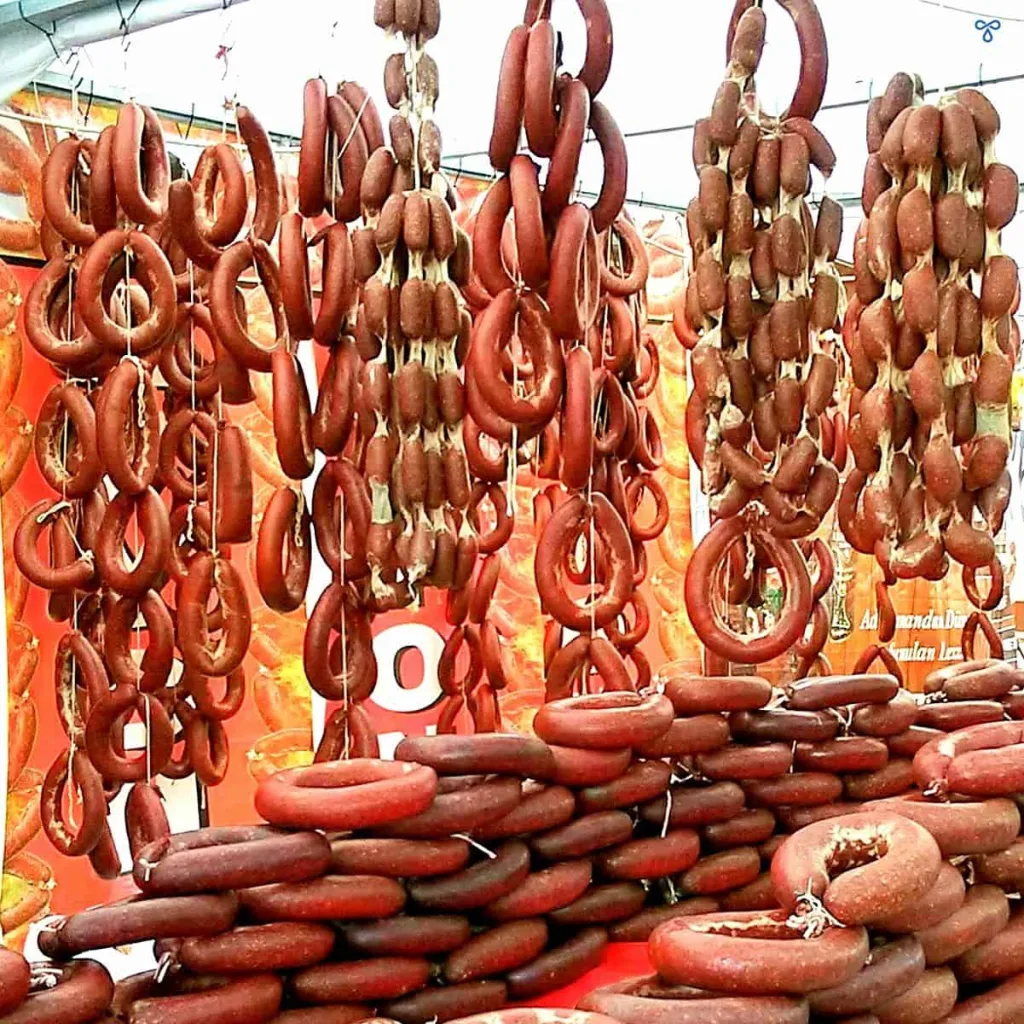
Keşkek
Etymology: from keşmek (“to pound, to crush”).
First written record: Traditional feast and ritual cookery records (village/ceremonial contexts).
Short origin: Communal slow-cooked wheat and meat porridge served at weddings and big gatherings.
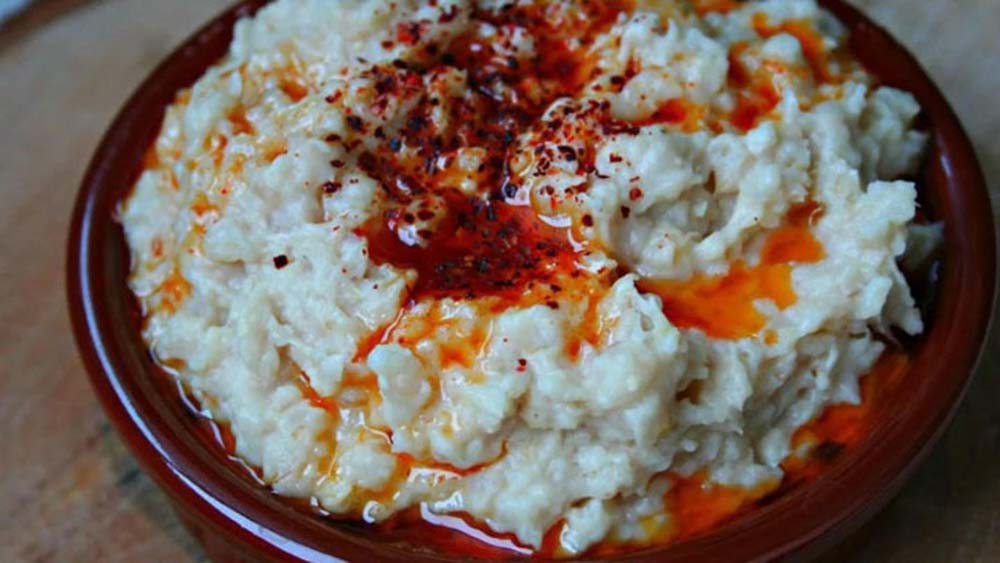
Cızlak
Etymology: from cızlamak (“to sizzle / to make a sizzling sound”).
First written record: Folk cooking traditions.
Short origin: Thin dough cooked on a hot griddle until it sizzles ; local variations exist across Anatolia.

Kımız
Etymology: Old Turkic kımız (fermented mare’s milk).
First written record: Early Central Asian Turkic sources.
Short origin: A quintessential Turkic steppe beverage made from fermented horse milk, central to nomadic life.

Ayran
Etymology: from Old Turkic roots related to ayır- (to separate/skim) → ayran.
First written record: Ottoman and earlier Turkic records.
Short origin: Diluted, salted yogurt drink ; practical, refreshing and ancient in steppe diets.

Katık
Etymology: from kat- (to add / mix) + suffix.
First written record: Folk culinary literature.
Short origin: Thickened yogurt or side-dish added to meals ; a simple, home-style accompaniment. It is also referred as “cacik“, which is the version prepared with chopped cucumber. 
Döner
Etymology: from dönmek (“to turn”).
First written record: Modern form associated with 19th-century Ottoman urban kitchens (Bursa/Istanbul evolutions).
Short origin: Vertical rotisserie technique and the name derive from Turkish practice; it later inspired regional variants under different names (Even Arabic “shawarma” comes from Turkish “çevirme” (to turn, roll); or Greek “gyros” (turning)). We have a full article describing the origins.
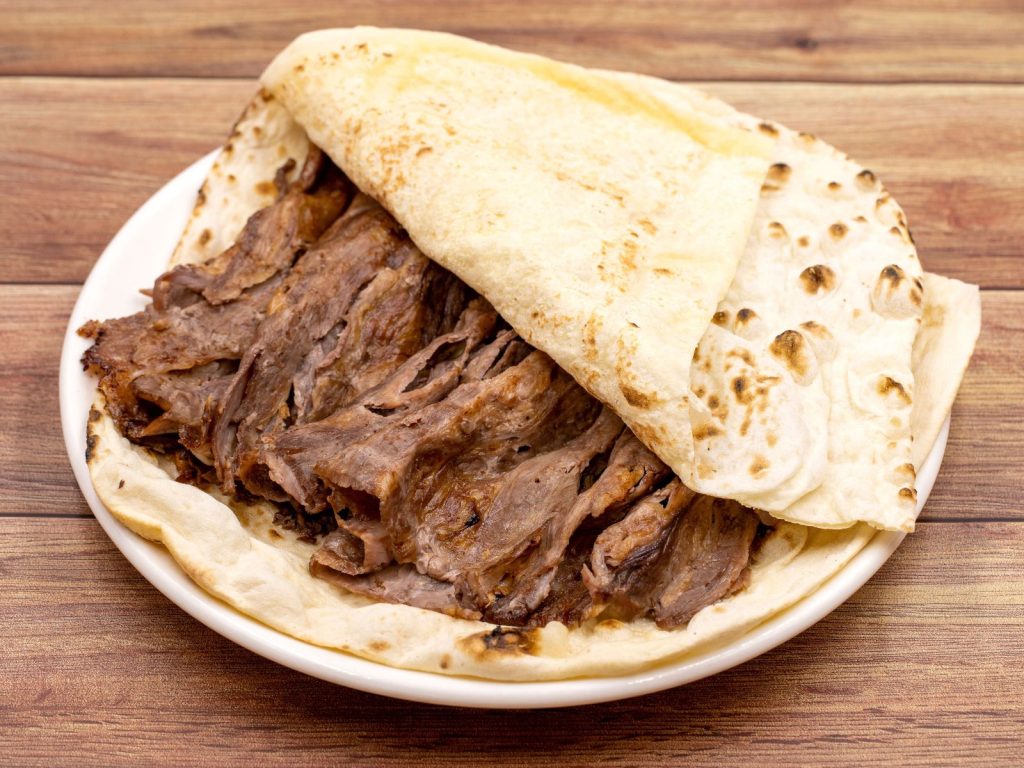
Cağ Kebabı
Etymology: cağ (skewer).
First written record: Regional folk records from Erzurum/ Eastern Anatolia.
Short origin: Horizontal spit kebab from Eastern Anatolia ; a local ancestor/relative of other spit-roasted meats.
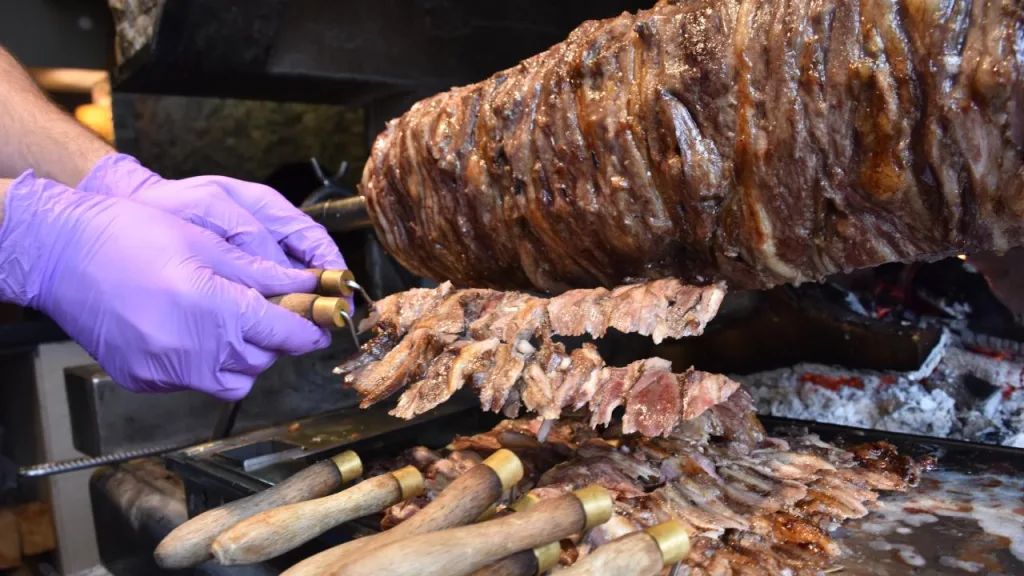
Köfte
Etymology: from cooking/ shaping roots (köft- = to knead/shaping into balls).
First written record: Ottoman recipe books and folk sources.
Short origin: Ground meat mixed and shaped ; an adaptable form that local kitchens made their own across Anatolia.
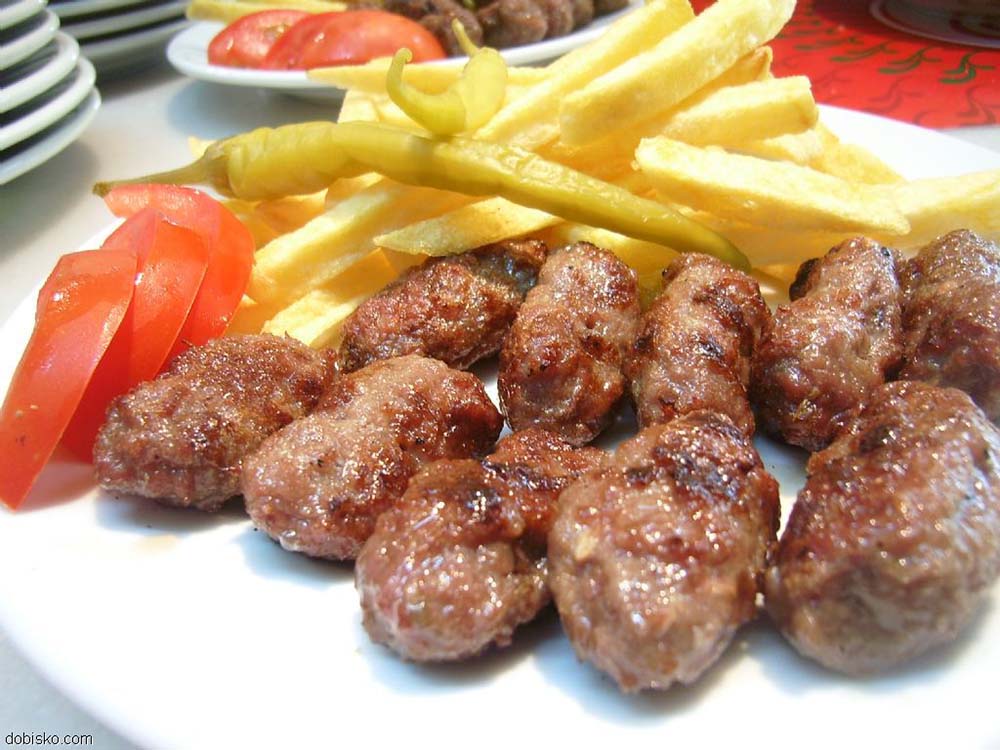
İçli Köfte
Etymology: “içli” (filled) + köfte (meatball).
First written record: Ottoman and regional Levantine cookery.
Short origin: Bulgur shell stuffed with spiced meat ; a perfected regional specialty with clear Turkish naming.

Gözleme
Etymology: from göz (“eye” ; referring to cooking spots) + -leme.
First written record: Village cookbooks and folk references.
Short origin: Thin flatbread stuffed and cooked quickly on a griddle ; classic rural fast food.
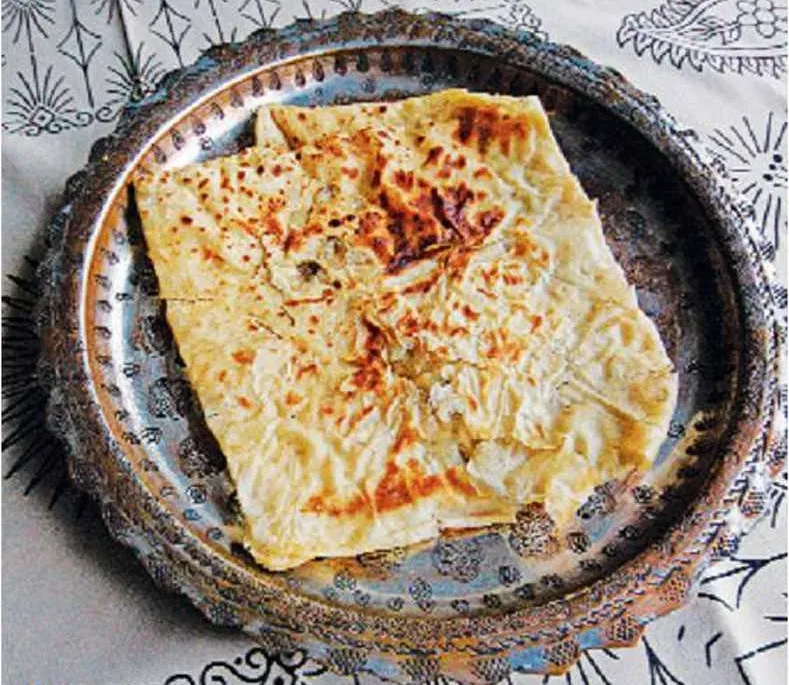
Yufka
Etymology: yufka = thin (dough).
First written record: Ottoman bakery/furnace records.
Short origin: Very thin rolled dough used for pastries and breads ; central to many layered Turkish dishes.

Kısır
Etymology: kısır (originally “sparse”/“simple”), reflecting modest ingredients.
First written record: Anatolian village cuisine.
Short origin: Bulgur salad with tomato paste and herbs ; humble, vegetarian, and widespread in home kitchens.

Şiş Kebap
Etymology: şiş (skewer).
First written record: Longstanding in Turkic/Anatolian traditions.
Short origin: Meat grilled on skewers ; an ancient technique of the steppe adopted and refined locally.

Tandır
Etymology: tandır (clay oven; related to old Turkic tamdır).
First written record: Traditional oven technologies recorded in Anatolia and Central Asia.
Short origin: A clay oven used for bread and meats ; central to village and nomadic cooking infrastructures.
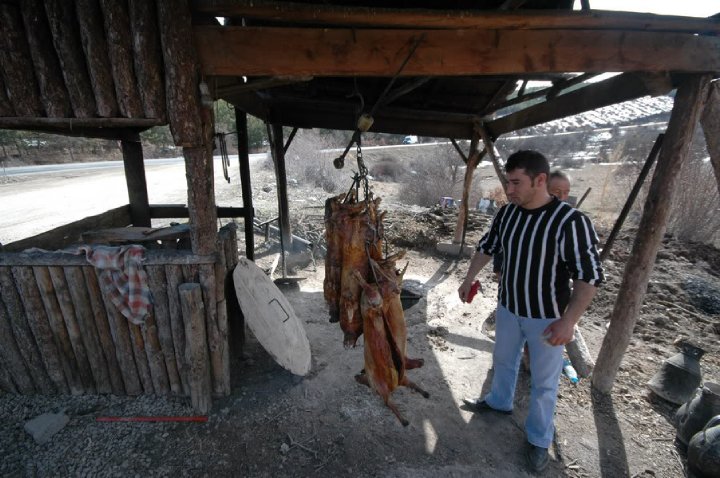
Hoşaf
Etymology: hoş (pleasant/sweet) + af/âb (water).
First written record: Ottoman household cuisine sources.
Short origin: Sweet compote of dried fruits; a simple Ottoman-era refreshment/dessert.
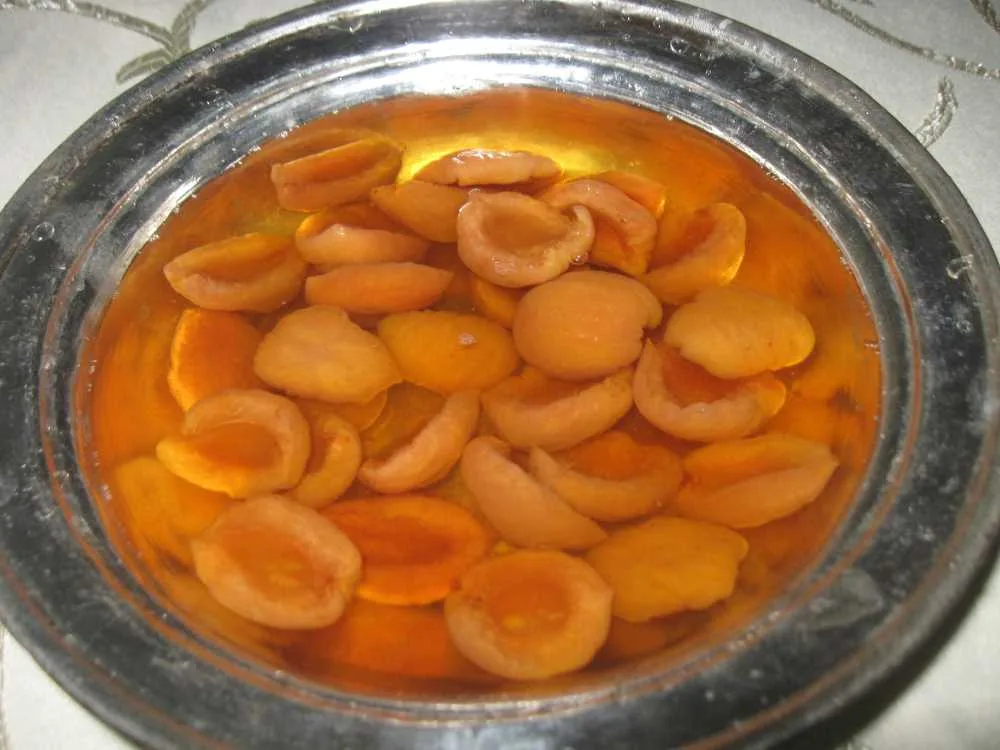
Boza
Etymology: Old Turkic buza / boza (fermented cereal drink).
First written record: Widespread mention in Ottoman and earlier Turkic sources.
Short origin: Fermented millet or bulgur drink ; a thick, tangy winter beverage.

Çörek
Etymology: Old Turkic çörek (round baked good).
First written record: Turkic bread traditions and medieval sources.
Short origin: Small round breads or pastries used in festivals and daily life.

Pide
Etymology: pide (flatbread); possibly influenced historically by neighboring languages but fixed in Ottoman/Turkish baking practice.
First written record: Ottoman oven/furnace records.
Short origin: Boat-shaped flatbread with toppings ; a regional Anatolian specialty that became emblematic.

Bazlama
Etymology: from root related to leavening/making dough (bazla-).
First written record: Folk oven traditions.
Short origin: Thick, round leavened flatbread cooked on a griddle ; a staple in rural Anatolia.
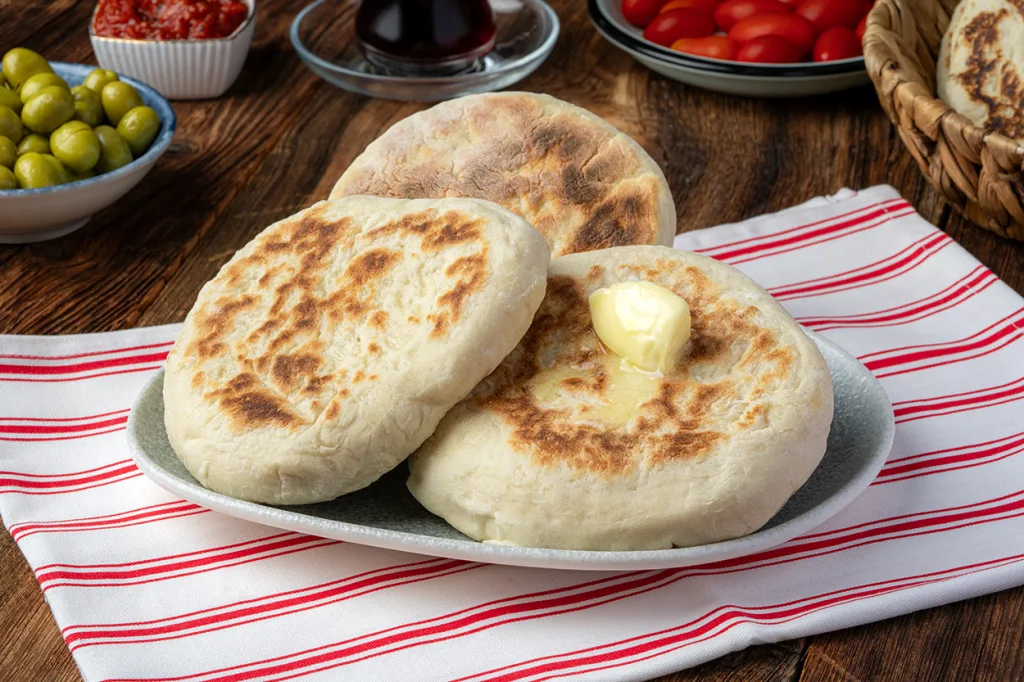
Katmer
Etymology: kat (fold) + suffix.
First written record: Ottoman-era pastry records.
Short origin: Folded, layered pastry or sweet ; made by folding very thin dough into multiple layers.

Tirit
Etymology: old form tirit / tirid.
First written record: Folk recipes and oral tradition.
Short origin: Day-old bread soaked in meat broth ; a thrifty and hearty dish.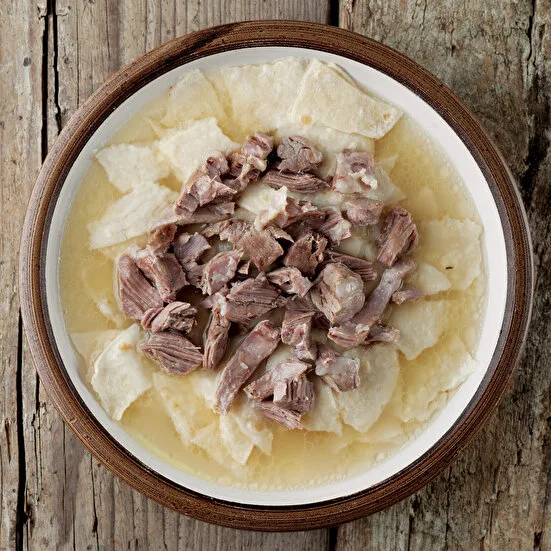
Çiğ Börek
Etymology: çi (raw) + burek (pastry).
First written record: Crimean Peninsula & Central Asia.
Short origin: Traditionally raw-meat is placed into pastry and this half-moon shaped börek is fried in oil. Especially common in Tatar communities.
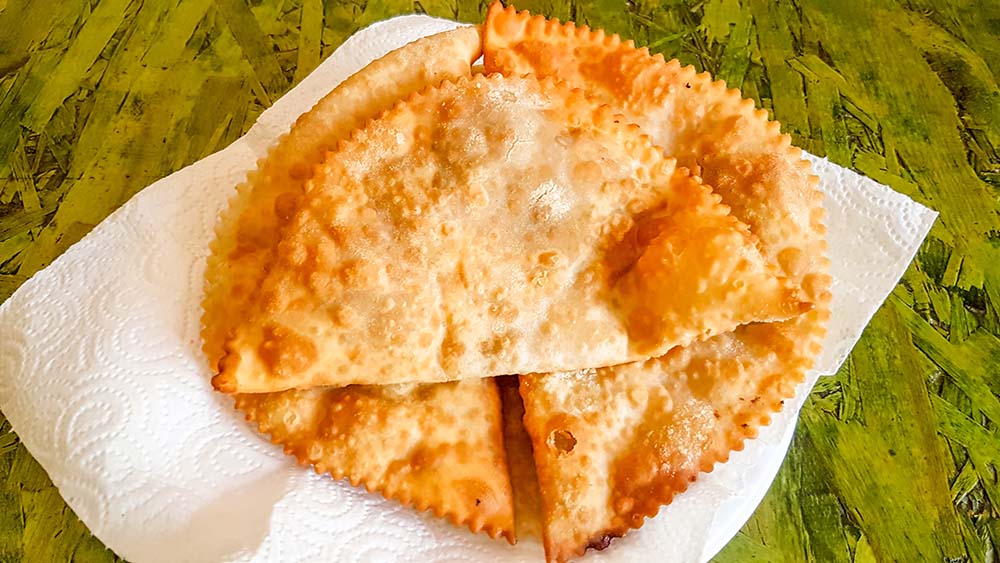
Kurut
Etymology: from kurutmak (“to dry”).
First written record: Central Asian and Anatolian nomadic practices.
Short origin: Dried yogurt or dairy used for long storage in nomadic life ; an early form of preserved dairy.
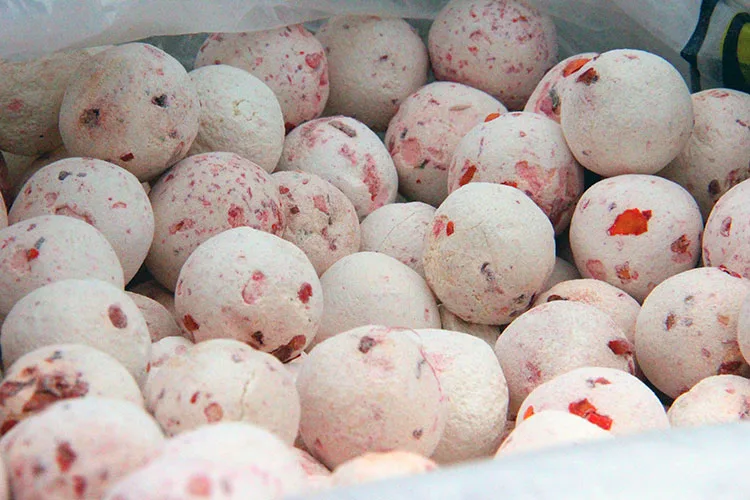
Yağlama
Etymology: yağ (fat/oil) + -lama (action).
First written record: Regional (Kayseri / İç Anadolu) recipes.
Short origin: Yufka topped with buttery/meaty sauce; a hearty regional specialty.

Cevizli Sucuk (köme)
Etymology: sucuk + ceviz (walnut).
First written record: Anatolian folk sweets.
Short origin: Grape-must or pekmez threaded with walnuts; a sweet preservation snack also called “köme” in places.

İşkembe Çorbası
Etymology: işkembe (tripe/stomach).
First written record: Ottoman morning-soup traditions.
Short origin: Tripe soup, a restorative and long-standing part of Ottoman/Turkish cuisine. Why not review other assertive foods?
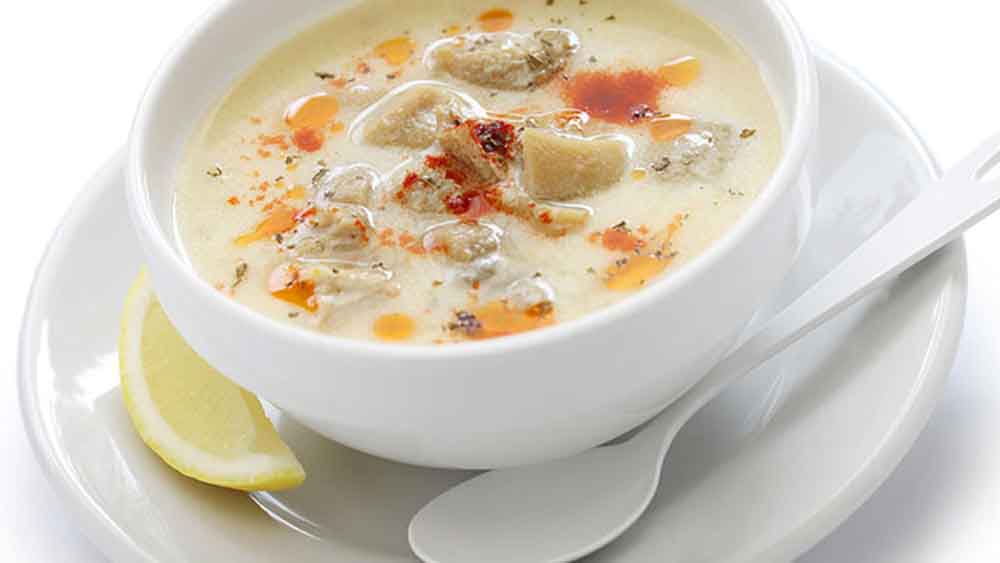
Kavut
Etymology: from kavurmak (“to roast”) → kavut.
First written record: Folk cereal and breakfast foods.
Short origin: Roasted grain product (like a coarse porridge or crumble) used as an energy food.
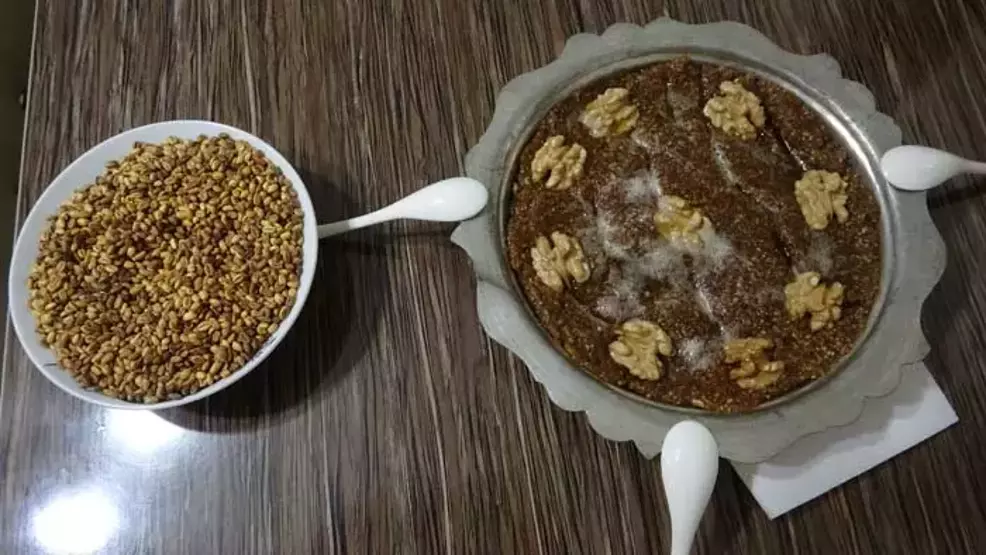
Kömeç
Etymology: old/local term kömeç for a bread type.
First written record: Regional baking customs.
Short origin: Traditional flatbreads or regional oven breads baked in tandır or on sac.

Bastı
Etymology: from bastırmak (“to press / to tamp down”).
First written record: Ottoman recipe notes.
Short origin: A method of cooking/pressing meat with vegetables; a regional heritage technique.
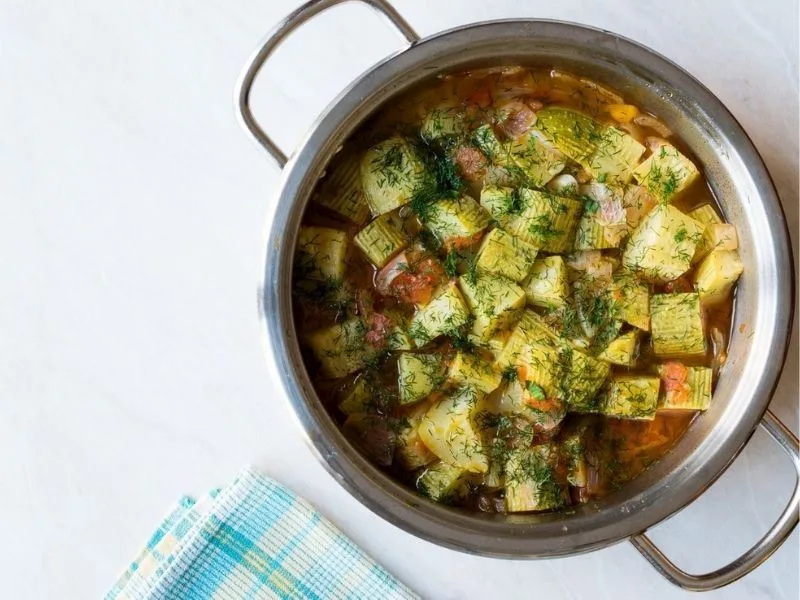
Firik (Freekeh-like)
Etymology: firik (green/early-harvest wheat).
First written record: Anatolian and Mesopotamian agricultural records.
Short origin: Early-harvest wheat roasted and parboiled; a historic cereal used across the region, comparable to Levantine freekeh but with local names and practices.
All of these items share a common story: they were born of practical needs (preservation, portability, feeding many mouths) and refined by centuries of Anatolian and Turkic culinary practice with plenty of gastronomic itineraries. Their names keep the linguistic fingerprint of their origins, and even when recipes migrate and change, the original Turkish roots often remain visible in the word we use. So the next time the table hosts a friendly “whose food is it?” debate, you can drop a little etymology and watch the conversation simmer down ; or heat up.

